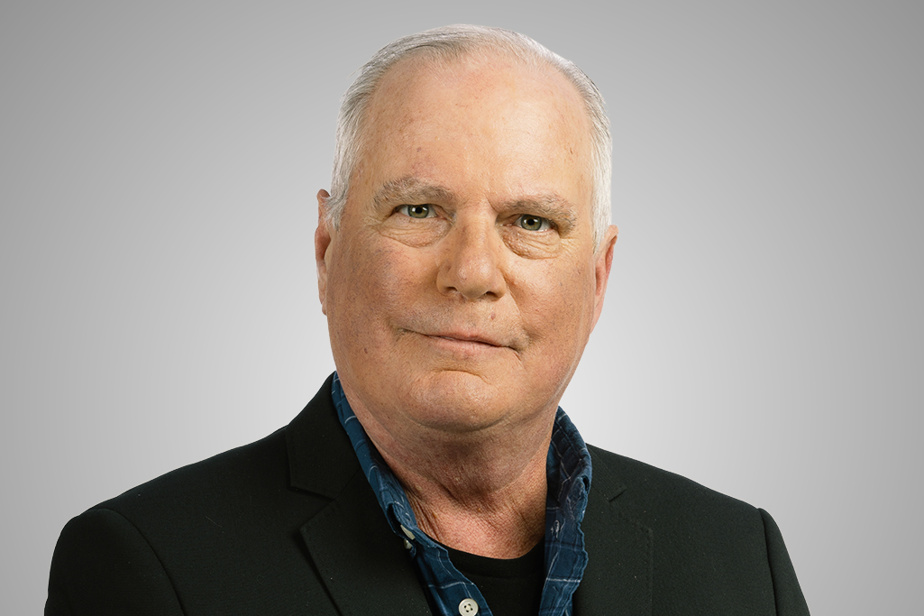Transforming food waste into biosurfactant1 to replace the use of palm oil or petroleum in the manufacture of domestic and industrial soaps or using cow magpie cells to make a milk protein identical to real milk, that’s the type innovations that Quebec will need to achieve its climate transition and achieve its decarbonization objectives by 2050.
It takes innovation to achieve change. And precisely, the energy and climate transition will require a fair amount of inventiveness if Quebec wants to achieve the greenhouse gas reduction targets that it has set for itself.
Many new industrial processes which are still at the ideation stage will be fully operational in four or five years and could contribute to the establishment of a society marked by energy sobriety.
This is why Quebec Minister of the Environment, Benoit Charette, decided to use a tiny portion of the Electrification and Climate Change Fund, endowed with 9 billion, to inject 22.2 million to support start-ups of the clean technology sector which are at the seed stage.
We are talking here about young green shoots who achieve initial financing which will help them prove the concept they want to develop and ultimately bring it to the production or marketing stage.
Minister Charette made the announcement of this 22.2 million grant on Monday and attributed its administration to the organization Cycle Momentum, a non-profit organization, accelerator of young shoots in climate technology, which will supervise the Origo program which will be spread over a period of five years.
“We will allocate 2 million in grants to support the founders in their approach and we will inject 10 million more to finance the operations of the start-ups that will be selected,” explains Patrick Gagné, CEO of Cycle Momentum.
The objective of the innovation acceleration program is to participate in the financing and support of ten start-ups per year for the next five years.
The Cycle Momentum start-up accelerator began its activities in 2015 and has to date supported 115 clean technology start-ups which have a survival rate of 93%, which is an impressive score.
The supported companies managed to raise 360 million from various private funds to continue their development and help avoid the emission of 13,400 tonnes of greenhouse gases.
The two examples of start-ups that I used at the start of this column are very real, and the two founders of these companies who have already benefited from the support of Cycle Momentum participated on Monday in the press conference which announced the launch of the Origo program.
Nivatha Balendra became interested in biosurfactants in 2013 in the wake of the Lac-Mégantic tragedy which horrified her and convinced her to tackle the reduction of the use and circulation of oil. At 17, she participated that year in a Science Expo where she already proposed the solution she wanted to develop.
“We are replacing the use of petroleum and palm oil for soap making with food waste, mainly residues of cooking oil and sugars used in food processing. Products that are also very effective in tackling oil spills,” explains the CEO and founder of Dispersa.
The young company has already managed to raise 3 million, thanks to private investors who matched grants of 1.5 million granted by Quebec and Ottawa, which allowed it to establish its proof of concept as it prepares today today the scaling up of biosurfactant production.
Jennifer Côté, CEO and founder of Opalia, plans to produce animal-free cow’s milk which will be made from breast cells and marketed on a large scale.
“We want to eliminate the environmental impact of traditional dairy production, particularly methane emissions. Our process makes it possible to make real cow’s milk without animals. We don’t know what awaits us in 30-40 years. Milk producers will perhaps use our process,” believes the young CEO.
The Opalia process is still at the experimental stage, but the company wishes to continue its development. She is counting on the support of Cycle Momentum and hopes to rank among the ten start-ups who will benefit from the Origo program.
“Since 2015, we choose on average each year five start-ups out of 150 who submit their application. Climate technologies represent the biggest wave of innovation since the dotcom era 25 years ago, we must not miss the boat,” Patrick Gagné rightly insists.
